Without boosting nuclear capacity, the European Union’s competitiveness will not improve, its energy security will not be guaranteed and its climate goals will not be met, warned Hungarian Minister of Foreign Affairs and Trade Peter Szijjarto on Monday in Vienna.
The EU is living through the greatest economic, security and energy crises of the past decades, the Hungarian minister said at the general assembly of the International Atomic Energy Agency (IAEA).
In his speech, he pointed out that the bloc's competitiveness has deteriorated significantly, with natural gas costing seven times more on the continent than in the US and electricity three times more than in China.
"We must ask how we can improve Europe's competitiveness, guarantee energy security, while maintaining its ambitions in environmental protection," he pointed out.
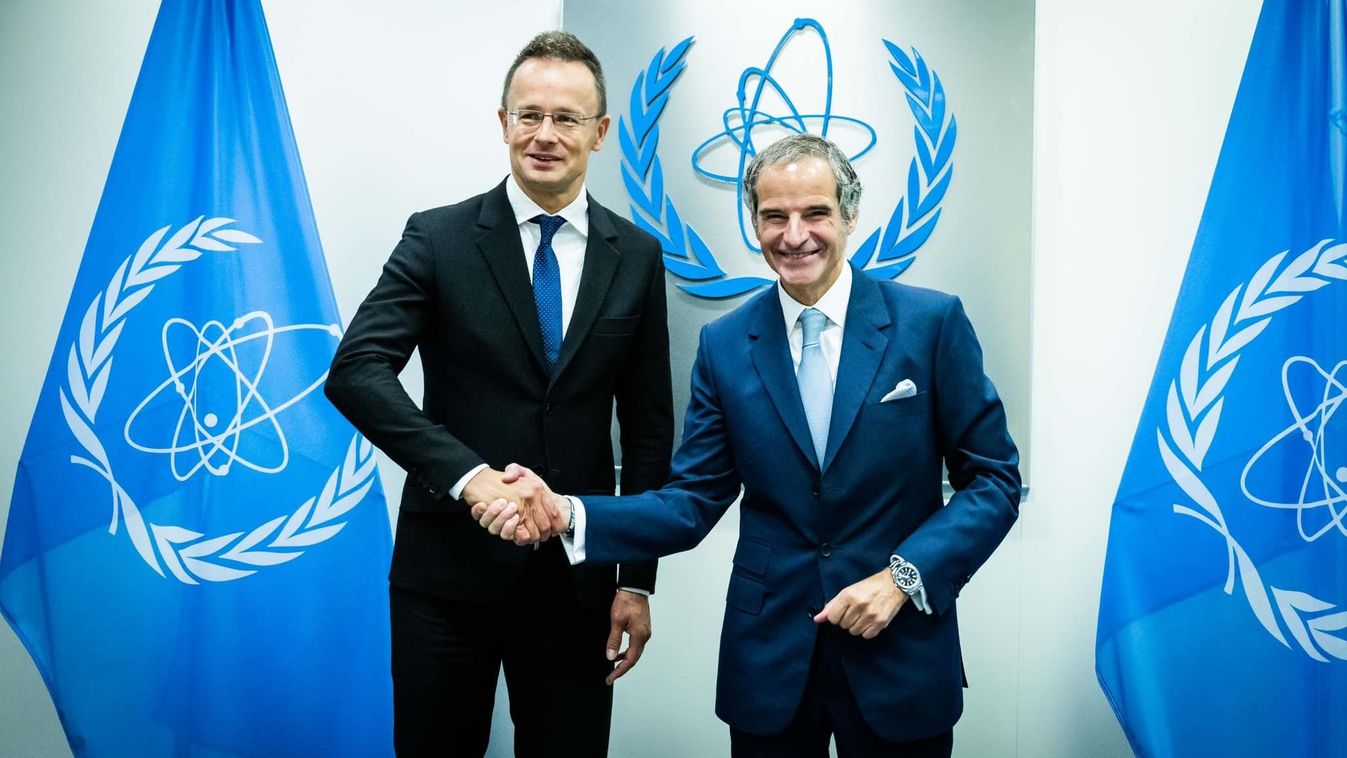

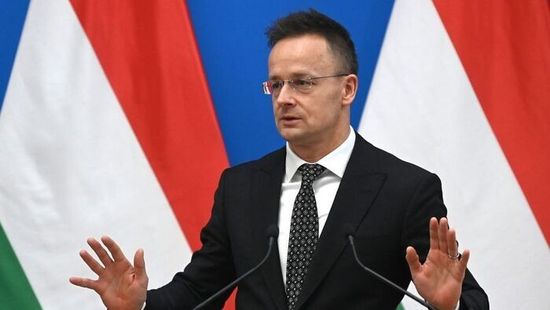

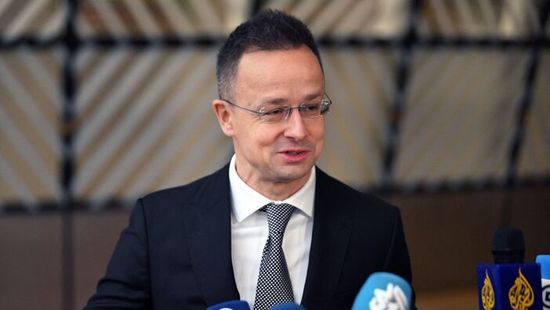

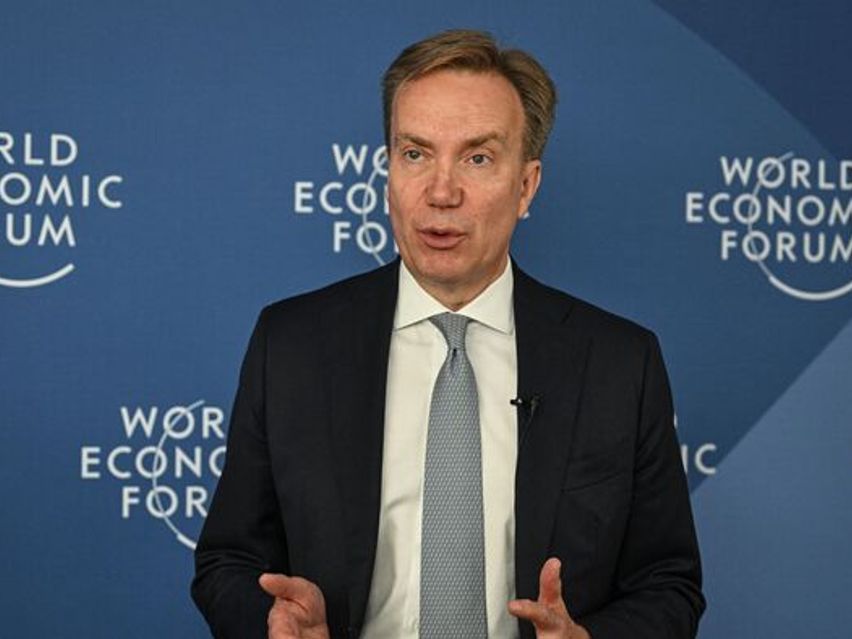
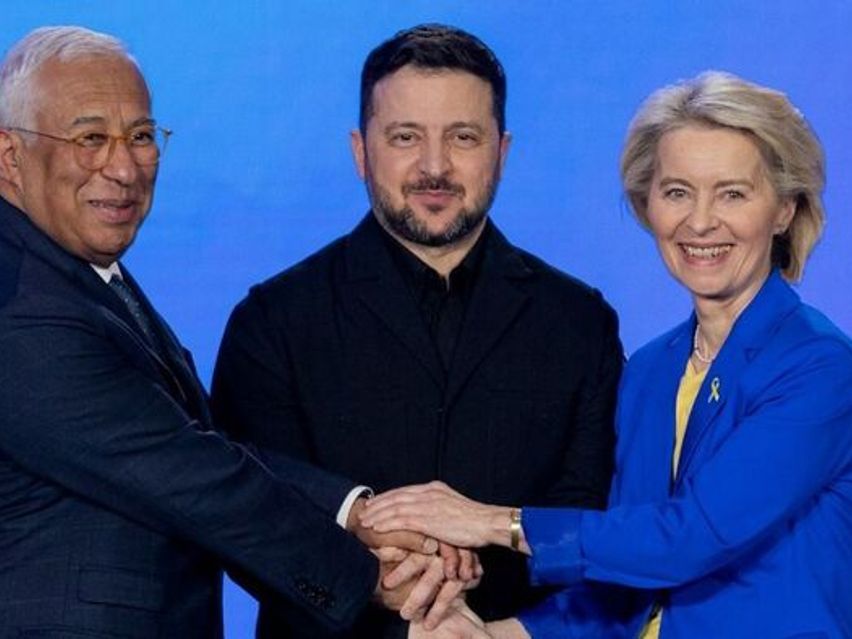

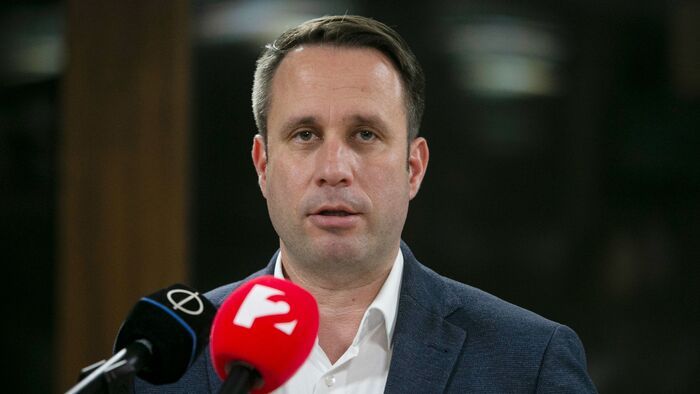

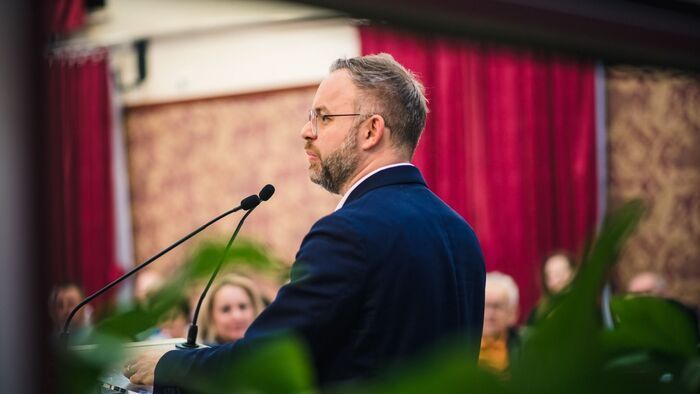
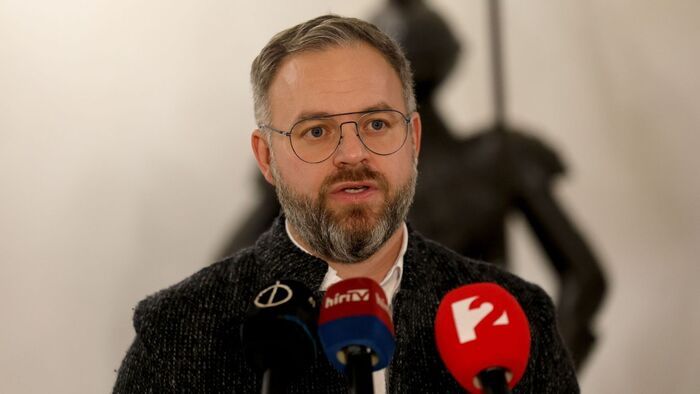

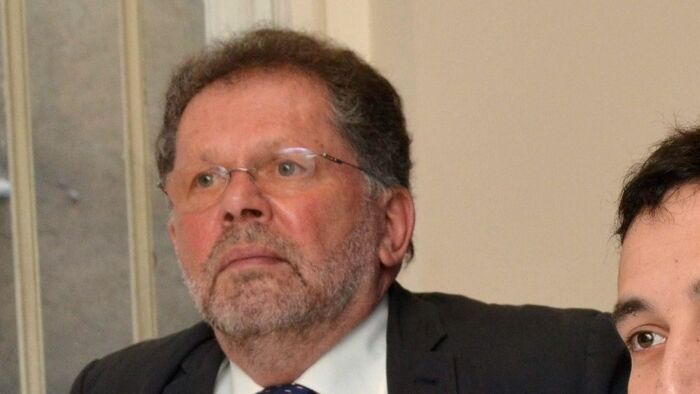

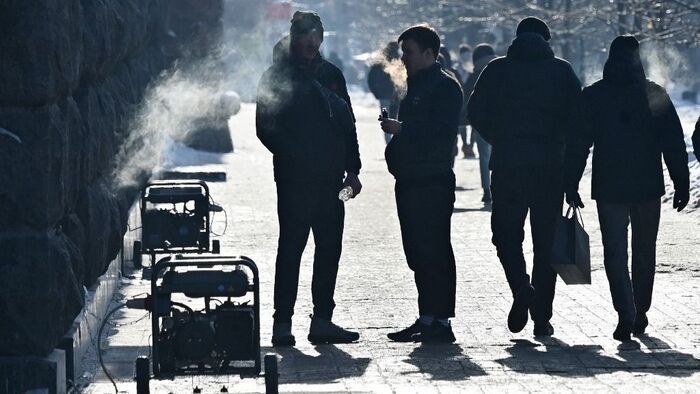
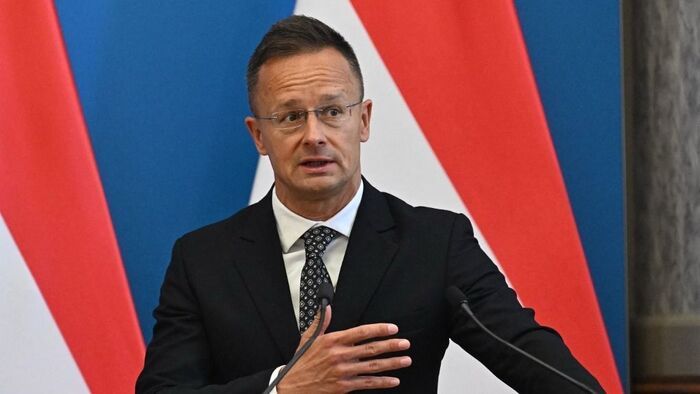




Szóljon hozzá!
Jelenleg csak a hozzászólások egy kis részét látja. Hozzászóláshoz és a további kommentek megtekintéséhez lépjen be, vagy regisztráljon!